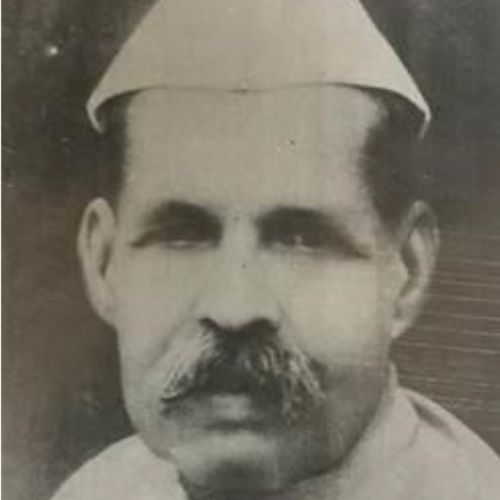Early Life
Har Govind Pant was born on 19 May 1885 in Almora district in present-day Uttar Pradesh. After graduating from Muir Central College, he obtained a law degree from School of Law, Allahabad (1909). Soon after, he started practicing law at Ranikhet (1910).
Role in India’s Independence Movement
Pant was a frequent contributor to the local newspapers that contained nationalist ideas. Through these articles he sought to influence and educate the masses about the political landscape in the country. He founded the Kumaon Parishad, a political movement that emerged to oppose the repression by the British. He was one of the leaders who was involved in grass-root level campaigns to build solidarity among people. Pant specifically focused on fighting against the oppressive begar system (forced labour) imposed by the British.
Due to his active involvement in various political movements, he was appointed President of the District Congress and also elected to the U. P. Provincial Congress Committee. Pant was a member of the All-India Congress Committee for five years.
Pant was the first to initiate the ‘Salt Satyagraha‘ campaign, and the ‘Quit India‘ Movement (1942) in Almora. In 1935, he was elected to the U. P. Legislative Council.
Contribution to Constitution Making
Pant was elected to the Assembly on a Congress Party ticket from United Provinces. He was not a vocal participant in the Assembly discussions.
Contributions Post-Independence
Pant was elected as the Deputy Speaker of the United Provinces Legislature on 4 January 1951. He was later elected as the Chairman of the Rules of Procedure Committee of the House, and served on all major committees of the Legislative Assembly.
He passed away on 18 May 1957.

